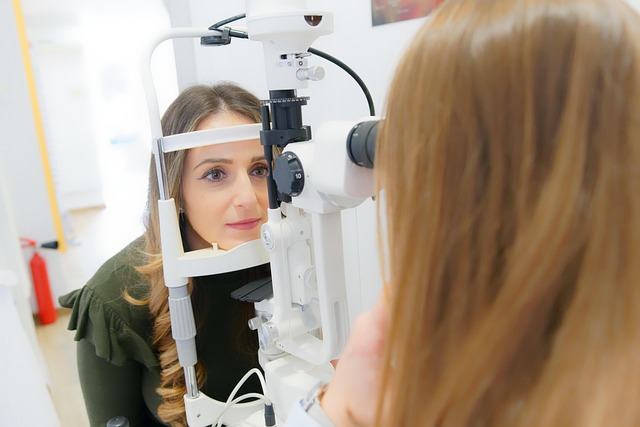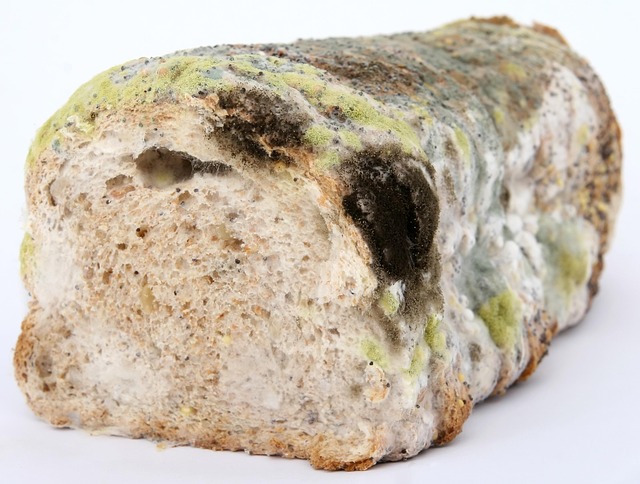Mold remediation testing is crucial after cleaning to ensure areas are safe for occupants, identifying remaining spores from hidden growth. In San Antonio homes with persistent musty smells, post-remediation testing is vital to eliminate mold, prevent future growth, and guarantee health & indoor air quality. Professionals use advanced tools during this phase, addressing moisture issues to avoid reoccurrence of the mildew smell. Early detection involves checking for water stains, condensation, or musty air; engaging professional services for remediation and testing ensures safe air quality.
After mold remediation in your San Antonio home, post-remediation testing is crucial to ensure effective mold control. Understanding mold remediation testing helps verify that the process was successful in eliminating the issue. This article explores why post-remediation testing is vital, focusing on key aspects like air quality, surface sampling, and moisture levels. By following these guidelines, you can effectively address a mildew smell in your San Antonio house—causes and solutions—and maintain a healthy living environment.
- Understanding Mold Remediation Testing
- Post-Remediation Testing: Why It's Crucial
- Ensuring Effective Mold Control in Your San Antonio Home
Understanding Mold Remediation Testing

Mold remediation testing is a crucial step after completing mold cleanup to ensure that the affected areas have been effectively treated and are safe for occupants. This process involves taking samples from various surfaces to detect any remaining mold spores, which can be hidden or inaccessible during initial cleaning. Professional remediators use specialized tools and techniques to collect samples and send them to laboratories for analysis. The results provide a clear picture of whether the mold has been removed completely, identifying any potential hotspots that may require additional remediation.
In San Antonio homes where musty smells persist, this could be an indicator of hidden mold growth. Mildew smell in your San Antonio house: causes and solutions involve thorough inspection and testing to identify the source. Professional remediators will assess the scope of the problem, implementing effective strategies to eliminate mold and prevent future growth. Post-remediation testing is a vital step in this process, ensuring that homes are free from hazardous mold levels, providing peace of mind for residents concerned about their health and indoor air quality.
Post-Remediation Testing: Why It's Crucial

Post-remediation testing is an essential step to ensure that mold has been effectively eliminated from your San Antonio home, especially after a mildew smell persists. It’s crucial because even if visible signs of mold appear no longer to exist, microscopic spores could still remain in the air or hidden within porous materials. These spores can cause health issues and recur unless properly addressed.
During post-remediation testing, professionals use advanced equipment like air quality meters and culture plates to detect any lingering mold or mycotoxins. This process verifies that the remediation efforts were successful, ensuring a safe environment for occupants. By identifying any hidden sources of moisture that could support future mold growth, it helps prevent the mildew smell from returning.
Ensuring Effective Mold Control in Your San Antonio Home

In many cases, the first sign of mold issues in your San Antonio home is a musty, mildew smell. This potent odor can linger and indicate hidden growth that isn’t immediately visible. Understanding the causes behind this smell is crucial for effective mold control. Mold thrives in dark, damp environments, making areas like bathrooms, kitchens, and basements prime locations for growth. High humidity levels and water leaks are common culprits behind excessive moisture, which fuels mold development. Regularly checking for water stains, condensation, or musty air can help catch these issues early.
Addressing the source of excess moisture is key to preventing future mold problems. This might involve fixing leaky pipes, improving ventilation in humid areas, using dehumidifiers, or sealing off potential entry points for moisture. Once visible signs of mold are identified, professional remediation services should be engaged to ensure complete removal and prevent recurrence. Proper post-remediation testing is vital to confirm that the air quality has returned to safe levels, dispelling any lingering mildew smell and ensuring your San Antonio home remains a healthy living space.
After undergoing mold remediation in your San Antonio home, post-remediation testing is a vital step to ensure effective mold control. This process verifies that the issue has been comprehensively addressed, especially considering that mold can be elusive and difficult to detect. By conducting these tests, you can rest assured that any visible or invisible traces of mold have been eliminated, preventing future growth and ensuring a healthier living environment. Remember, addressing mold early and properly is key, as it can cause various health issues, particularly for San Antonio residents sensitive to mildew odors and related allergens.
